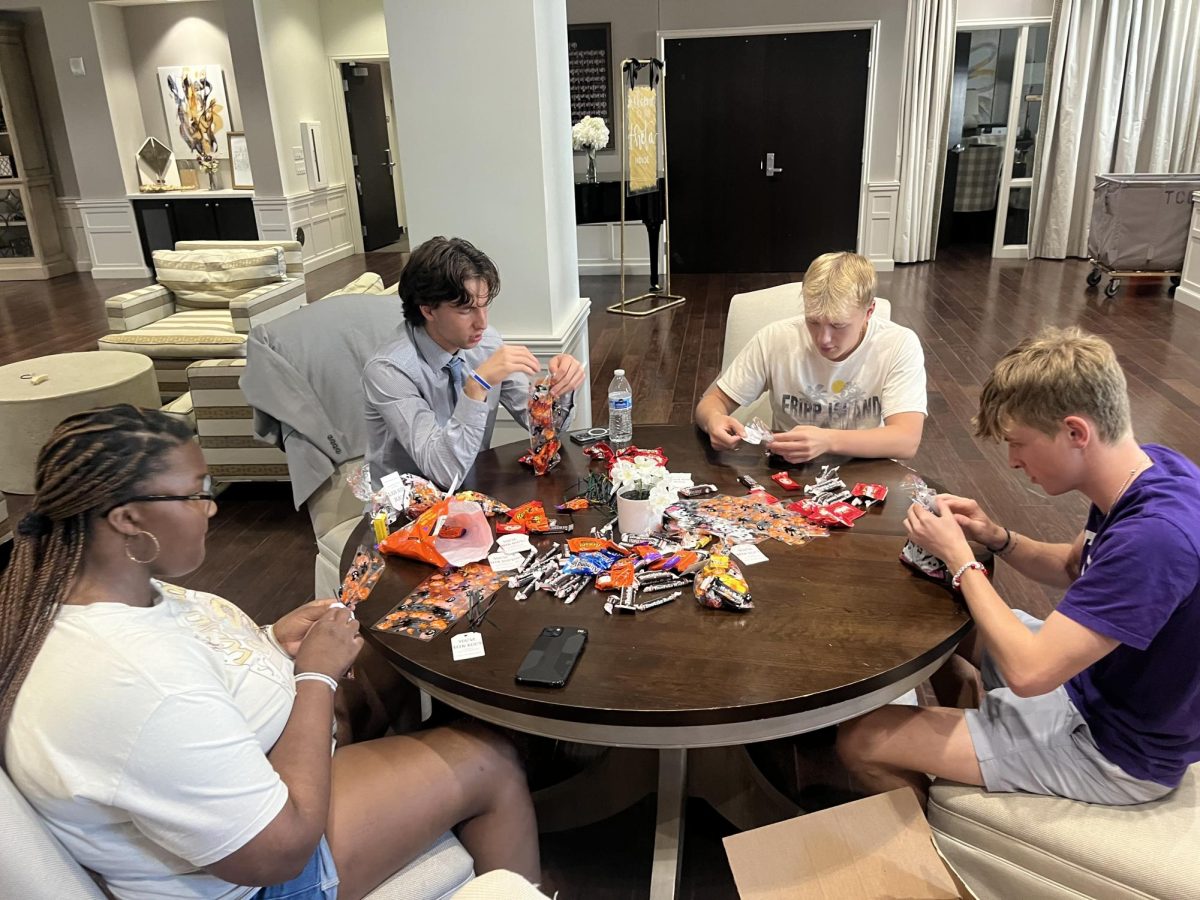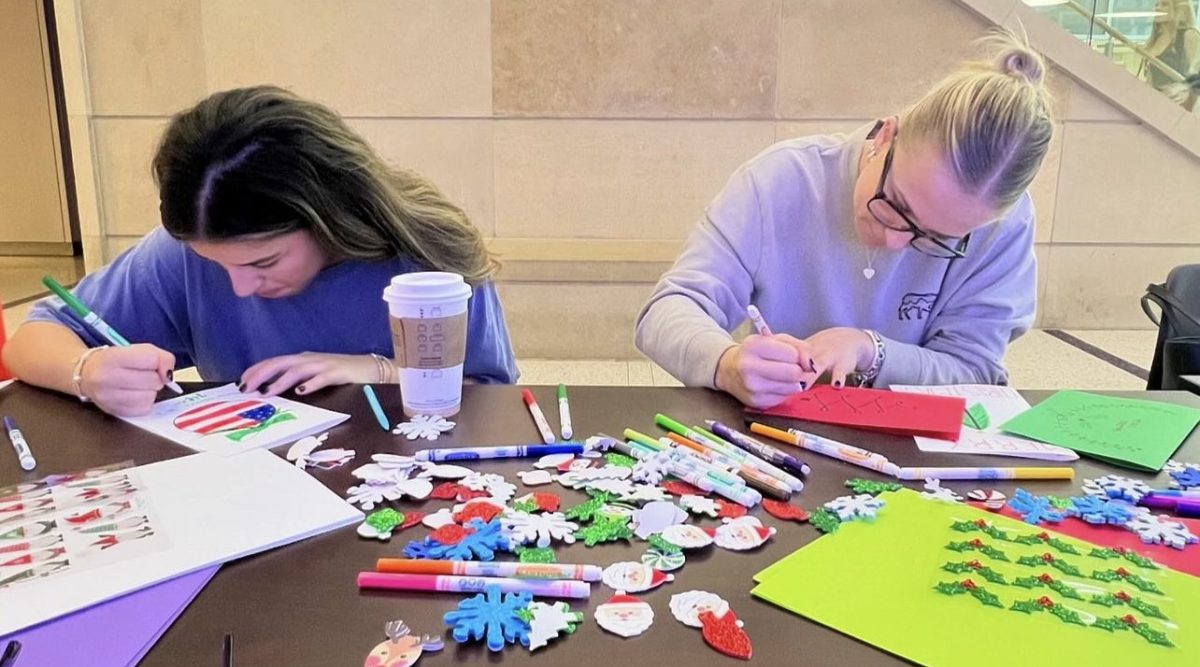The TCU Interfraternity Council (IFC) made a unanimous decision to implement a bystander policy for all incoming members to advocate for intervention during sexually violent and discriminatory situations.
Fraternity Culture
There is a growing concern over fraternity culture nationwide, as turning a blind eye during sexually ambiguous or racial circumstances is being discussed as a problem among the nation’s 5,500 fraternities.
Student Body President Cody Westphal said that some fraternity members see stepping into certain settings as “not cool.”
“If you see a guy and a girl belligerently drunk together, that is a dangerous situation and they should not go home together,” Westphal said. “Some people do not have the social confidence to step in.”
One in five women experience sexual assault in college.
“Fraternities are high-risk groups when it comes to sexual violence and sexual assault,” Westphal said. “No matter what way you shake out the data, no matter whether you look at it quantitatively, I think we all kind of get it. They are pretty dangerous.”
According to the TCU police crime log, there have been a total of six sexual assault reports since January.
“It is not to say that fraternity members are bad guys, or that IFC’s are bad organizations,” Westphal said. “When 18 to 22-year-old guys get in groups and you introduce alcohol, bad things happen.”
Discrimination is also seen as an issue in fraternity culture, both locally and nationally.
In 2001, an African American fraternity initiate at TCU reported being discriminated against because of his skin color. TCU fraternity members kicked his door repeatedly and referred to him as the “Black Pi Kapp.”
Recently, another incident occurred with the former SAE chapter at the University of Oklahoma. The video of a racist chant on a bus went viral, thus pressuring OU to terminate the SAE chapter indefinitely.
With events like these giving fraternity life a bad rep, TCU IFC is taking the initiative to lessen the prevalence of these situations happening on campus.
Bringing in the Bystander at TCU
David Cozzens, associate vice chancellor for student affairs and dean of Campus Life, said the bystander foundational process has already gone into effect.
“Currently, we are familiarizing student affairs with the Bringing in the Bystander (BITB) model by providing them with four-hour training,” he said.
Among the staff that will be trained, 12 members will be chosen to have hands-on training in the BITB model this summer to provide skill-building to TCU students in the fall.
“All the new members that come to TCU will go through a session of 90 minutes and it is going to start in the fall,” Diego Padilla, IFC president, said. “The total change will take four years.”
Although the training will focus on sexual violence, Westphal said that the principles taught during these sessions will also help in other situations that entail misconduct.
The policy reads that the bystander program will help “identify behaviors on a continuum of violence, develop empathy for those who have experienced violence, practice safe and appropriate intervention skills, and commit to intervene before, during and after an incident of relationship violence and stalking occurs.”
Since every IFC fraternity president agreed that sexual assault and other issues were prevalent on campus, Padilla said that the new bystander policy will be a good image-builder as well as a proactive learning tool for everyone.




